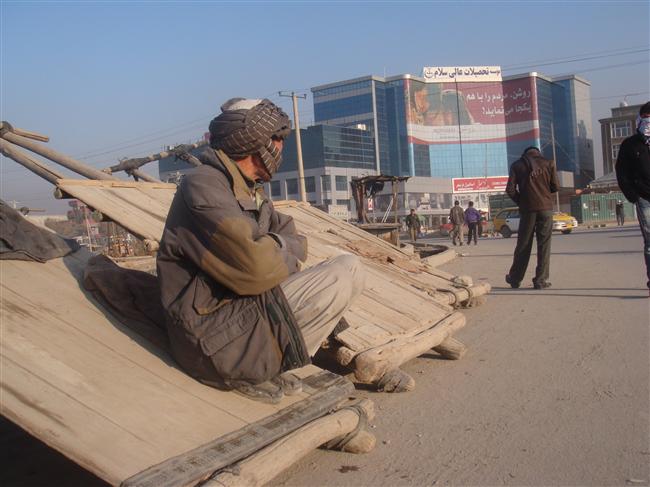The US Institute for Peace (USIP) issued a report underscoring the difficulty of the Afghan situation, saying that the country faces hunger and privation for a second winter in a row.
The report said that the Afghans appear to be adapting as best they can to the “dire” situation, but this will not mitigate pervasive poverty, hunger and deprivation.
“Loss of income due to the economic collapse following the Taliban takeover in August 2021 has been the main culprit in worsening food insecurity, exacerbated by a succession of drought-induced poor harvests,” the report reads.
“There was also an increase in female unemployment (i.e., women and girls reported to be seeking but not finding work), but this was equivalent to only one-third of the increase in labor force participation (which includes salaried employment, self-employment and home-based gainful economic activity, as well as people who are seeking but not finding work),” the report reads.
The report reads that the current degree of the Afghan economic stability is critically dependent on continuing humanitarian aid flows, “including cash shipments by the United Nations totaling $1.8 billion over the past year.”
Economists said that the aid was not very effective for the alleviation of poverty in the country.
“The aid which was provided over the past 16 months to Afghanistan has partly stabilized the Afghan currency and also has been effective in solving challenges in terms of the liquidity of banks, but it has not been effective in the alleviation of poverty and unemployment,” said Mir Shikib, an economist.
Some women said that women’s participation in the labor force is effective for the families’ economic situation.
“The women are half of the society which can be effective in economic growth if they are given chances to use their talents and skills,” said Rahima, a teacher.
“It is better to give them access in any field they have the ability. This can even help the country’s economy,” said Nazneen Noori, a teacher.











